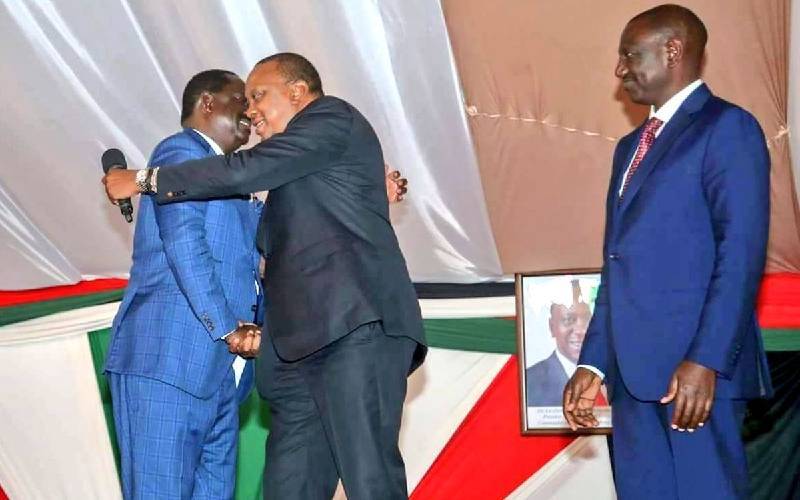×
The Standard e-Paper
Home To Bold Columnists

In March 2018, Kenyans were shocked by unexpected "life-changing" news that President Uhuru Kenyatta and opposition leader Raila Odinga were uniting through a "Handshake" .